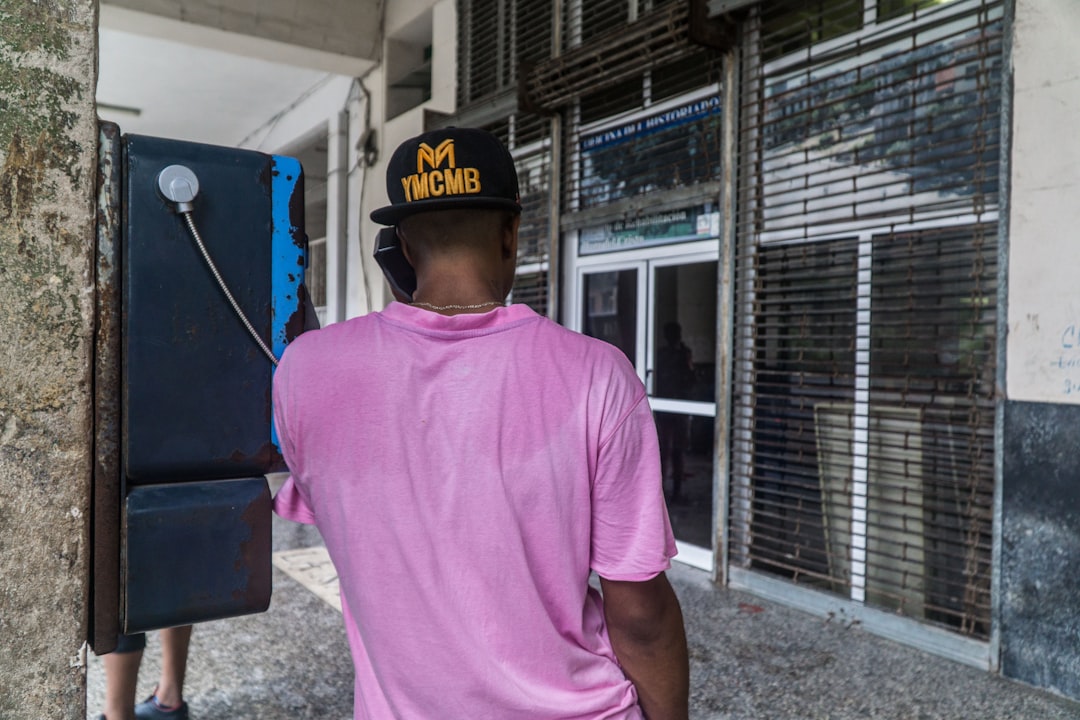South Carolina residents have legal protections against fake charity scam calls through the Telephone Consumer Protection Act (TCPA). To stop these unwanted calls, verify charity legitimacy, report fraudulent attempts to authorities, and consult a specialized spam call law firm in South Carolina for legal action or filing FCC complaints. Understanding your rights under TCPA laws is crucial in combating spam calls and ensuring compliance with local regulations.
In Lexington, as across South Carolina, spam charity scam calls can be a nuisance and even a danger. Understanding the state’s strict spam call laws is the first step in protecting yourself. This guide equips you with knowledge on identifying common charity scam techniques, empowering you to take action against fake calls. Learn from experts, including top spam call law firms and lawyers specializing in TCPA cases, to effectively stop these intrusive and often fraudulent attempts. By following our advice, you can help ensure your peace of mind and safety in South Carolina.
Understanding Spam Call Laws in South Carolina
In South Carolina, recognizing and avoiding fake charity scam calls is not only crucial but also protected by law. The Telephone Consumer Protection Act (TCPA) restricts the practices of telemarketers and provides guidelines on how businesses can conduct marketing calls. If you receive unsolicited phone calls promoting charities or any other products/services, it’s essential to know your rights. Understanding these laws empowers residents in Lexington to take action against unwanted spam calls, especially those masquerading as legitimate charitable organizations.
The TCPA prohibits automated or prerecorded calls placed to residential telephone lines without prior express consent. Additionally, live telemarketers must obtain verbal consent before proceeding with the call. If you feel your rights have been violated by a charity scam call, it’s advisable to contact a Spam Call law firm in South Carolina. These legal professionals specialize in TCPA cases and can guide you on how to file a complaint with the Federal Communications Commission (FCC) or take legal action against the offending organization. Remember, knowing your rights is the first step towards stopping spam calls in South Carolina.
Identifying Common Charity Scam Call Techniques
Charity scam calls often employ sophisticated techniques to trick individuals into making donations or providing personal information. Scammers may pose as representatives from reputable charities, using urgent language to create a sense of immediacy and encourage quick decisions. They might also use pressing current events or natural disasters as leverage to solicit funds. Be wary of calls claiming to represent well-known organizations without proper authorization or verified connections.
To protect yourself, it’s crucial to verify the authenticity of any charity call you receive. Check if the organization is registered with relevant authorities in South Carolina and has a physical address. You can also cross-reference their details with official charity databases. If you’re unsure, don’t hesitate to contact the organization directly using official channels to confirm their legitimacy. Consult a law firm specializing in TCPA cases in South Carolina if you’ve experienced unwanted spam calls, as they can provide guidance and legal recourse against these fraudulent activities.
Taking Action: Protecting Yourself from Fake Charity Calls
If you’ve received a suspicious call claiming to represent a charity, don’t immediately provide any personal or financial information. Instead, take action to protect yourself from potential fake charity scam calls in Lexington and across South Carolina. Start by verifying the legitimacy of the caller by contacting the charity directly through their official website or known phone number. If you suspect a call is fraudulent, report it to local law enforcement and consider filing a complaint with the Federal Trade Commission (FTC) and your state’s attorney general’s office.
Additionally, familiarize yourself with South Carolina’s spam call laws, including the Telephone Consumer Protection Act (TCPA), which prohibits unwanted telemarketing calls. If you’ve been targeted by persistent or harassing spam calls, consult a lawyer specializing in TCPA lawsuits to explore legal options and protect your rights as a South Carolina resident. Remember, staying vigilant and proactive is key to shielding yourself from falling victim to fake charity scam calls.






